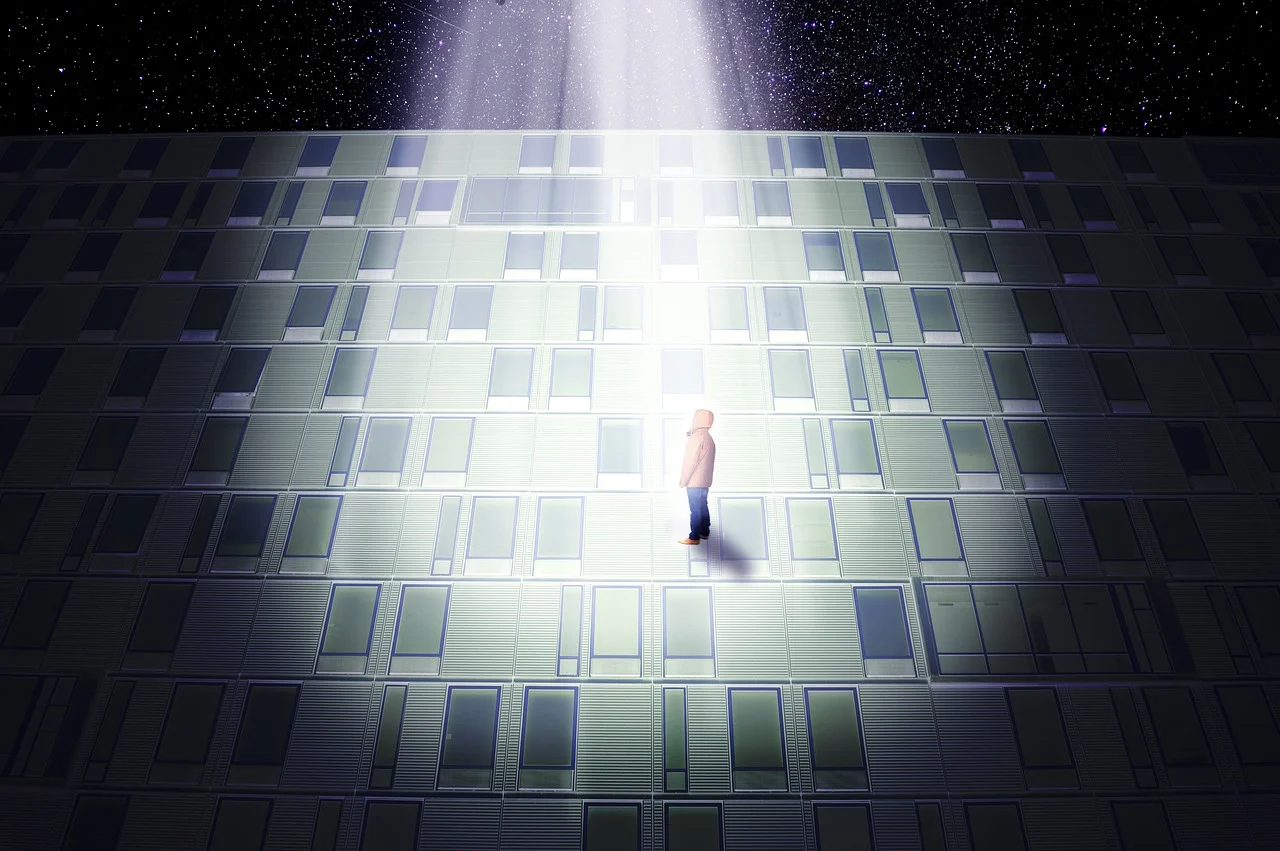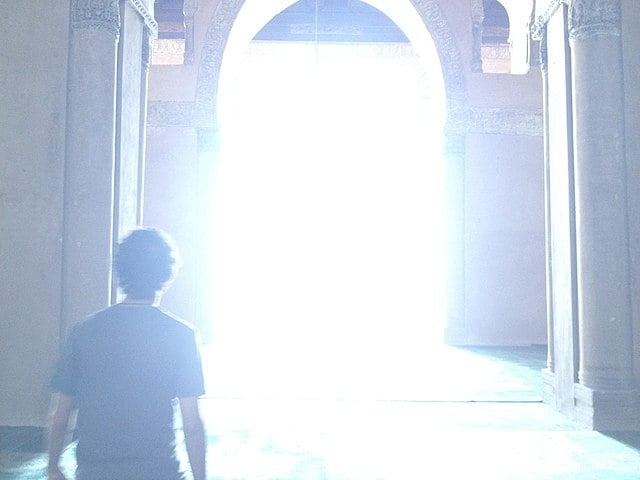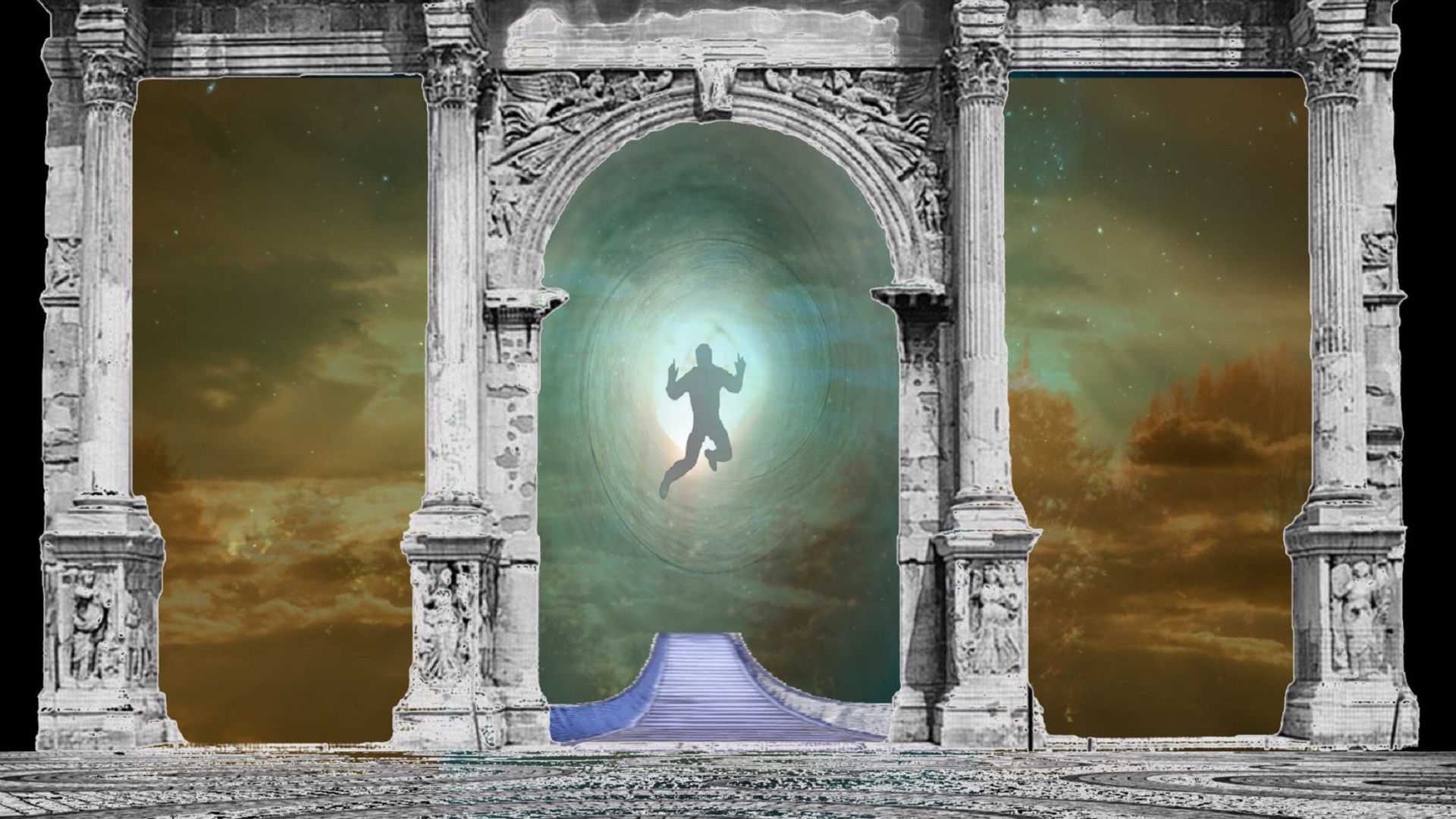The concept of reincarnation, the belief that the soul passes through a series of births and rebirths, is deeply ingrained in several Eastern religions like Hinduism, Buddhism, and Jainism. However, when it comes to Islam, the question often arises: Do Muslims believe in reincarnation? Is there any concept of Rebirth in Islam? To unravel this intricate question, we delve into the teachings of the Quran and the Hadith, the primary sources of the Islamic faith.
Understanding Reincarnation
Reincarnation, or the transmigration of souls, posits that after death, the soul is reborn into a new body, depending on its past deeds (karma). This cycle continues until the soul achieves liberation or enlightenment. In contrast, Islamic belief centers on a linear progression of life, death, and the eventual Day of Judgment, where souls are judged for their deeds and assigned eternal paradise or hell.
Quranic Perspectives

The Quran, the holy book of Islam, explicitly outlines the concepts of life, death, and the afterlife. Surah Al-Mulk (Chapter 67, Verse 2) states, “He who created death and life to test you [as to] which of you is best in deed – and He is the Exalted in Might, the Forgiving.” This verse emphasizes the purpose of life as a test, leading to accountability in the Hereafter. Furthermore, Surah Al-Baqarah (Chapter 2, Verse 28) affirms, “How can you disbelieve in Allah when you were lifeless and He brought you to life; then He will cause you to die, then He will bring you [back] to life, and then to Him you will be returned.” These verses elucidate the linear progression of life, death, resurrection, and eventual return to Allah for judgment. so no concept of rebirth in Islam.
Hadith References

In addition to the Quran, the Hadith, the sayings and actions of the Prophet Muhammad (peace be upon him), provide insights into Islamic beliefs. One Hadith narrated by Mother Aisha (R.A.) states, “Prophet Muhammad (SAW) said:
“The people will be assembled barefoot, naked, and uncircumcised.” I said, “O Messenger of Allah, will the men and women look at each other?” The Prophet said, “The matter will be too serious for them to notice.”
In another narration, the Prophet recited the verse, “As We began creation, so shall We repeat it, a promise binding upon Us. Surely, We will do it.” (21:104)
Source: Ṣaḥīḥ al-Bukhārī 6075, Ṣaḥīḥ Muslim 5107
In another hadith, Sulaim bin ‘Amir narrated from Al-Miqdad, a Companion of the Messenger of Allah (s.a.w) who said:
“I heard the Messenger of Allah (s.a.w) saying: ‘On the Day of Judgement, the sun will be drawn near the servants, until it has come a mile or two (away).'” Sulaim bin ‘Amir said: ” I do not know if it is miles that refer to distance on the land, or Al-Mil which is used to apply Kuhl for the eyes.” He (the Prophet (s.a.w)): “The sun will melt them, until they will be in sweat according to their deeds. Among them one will be covered up to his ankles, and among them will be one who is covered up to his knees, and among them will be one who is covered up to his waist, and among them will be one who is bridled with it.’ I saw the Messenger of Allah (s.a.w) indicating with his hand toward his mouth, meaning that one would be bridled with it.'”
Source: Jami` at-Tirmidhi 2421
These Hadith underscores the state of people on the Day of Judgment, but it does not provide evidence for reincarnation.
The Absence of Reincarnation
While the Quran and Hadith extensively discuss life after death, the concept of reincarnation or rebirth in Islam is notably absent. Islam emphasizes the uniqueness and individuality of each soul, which will be judged based on its own actions in a single lifetime. Surah Al-Imran (Chapter 3, Verse 185) declares, “Every soul will taste death, and you will only be given your full compensation on the Day of Resurrection. So, he who is drawn away from the Fire and admitted to Paradise has attained [his desire]. And what is the life of this world except the enjoyment of delusion?” This verse reinforces the belief in a single life followed by resurrection and judgment.
Also Read: What Happens after Death in Islam?
Philosophical Reflections
From a philosophical standpoint, reincarnation implies a cyclical existence aimed at achieving spiritual perfection through successive lives. However, Islamic theology perceives life as a unique opportunity to fulfill one’s purpose and attain closeness to Allah. The absence of reincarnation underscores the significance of personal responsibility and accountability in Islam. Each individual is urged to strive for righteousness in the present life, knowing that their actions will determine their eternal destiny.
Conclusion: Do Muslims Believe in Reincarnation?
So Do Muslims Believe in Reincarnation? In conclusion, the concept of reincarnation finds no place within the framework of Islamic theology. The Quran and Hadith emphasize the linear progression of life, death, resurrection, and judgment day, without alluding to the cycle of rebirth. Islam underscores the importance of personal accountability and striving for righteousness in a single lifetime. While the belief in reincarnation may be prevalent in other faiths, Muslims adhere to the conviction of a singular earthly existence culminating in the Hereafter.
This was all about the concept of rebirth/reincarnation in Islam not being present. Read more Islamic Blogs or Follow us on social media for daily Islamic reminders.






